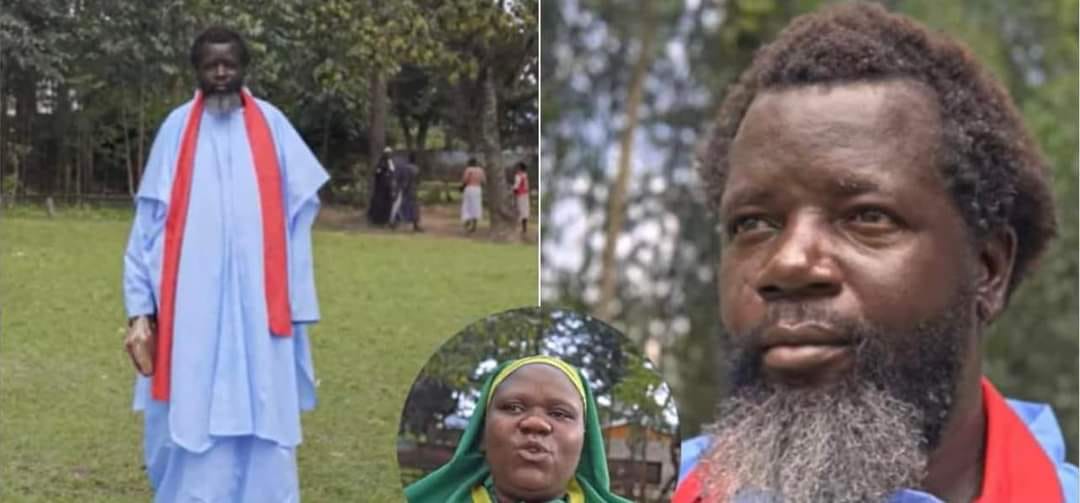In the small town of Bungoma, a peculiar and extraordinary claim has emerged as a local woman asserts that her husband is the real incarnation of Jesus Christ. This astounding revelation has stirred a mixture of skepticism and curiosity within the community, creating a buzz of conversation and speculation. The woman, who remains unidentified, has been fervently asserting that her husband possesses divine powers, capable of performing miracles that defy the laws of nature.
The most recent event that has left the town in awe was the alleged transformation of water into tea at a local wedding. Witnesses claim that the man simply touched a pitcher of water, and to their astonishment, the liquid within miraculously turned into tea. This purported display of divine intervention has ignited a debate within the community, with some residents expressing skepticism while others are captivated by the notion of a modern-day messiah living among them.
As news of this extraordinary claim spreads beyond the town’s borders, it raises questions about the nature of belief, faith, and the human inclination to seek the extraordinary in the ordinary. The woman’s conviction in her husband’s divine identity has prompted followers to gather, hoping to witness more miraculous events and seek blessings from the supposed modern-day Jesus.
Societal reactions vary, with some embracing the idea with fervor, while others remain cautious and demand tangible evidence. This peculiar situation not only highlights the complex interplay between faith and reason but also serves as a testament to the enduring allure of the miraculous in human culture, even in the midst of contemporary skepticism and scientific understanding.



